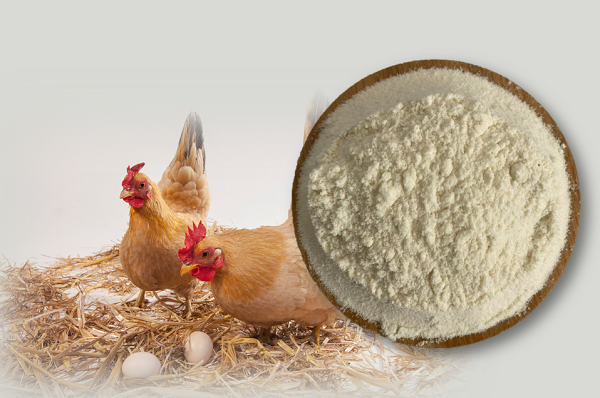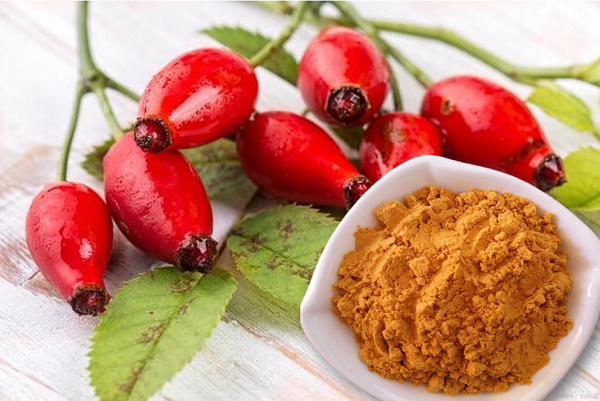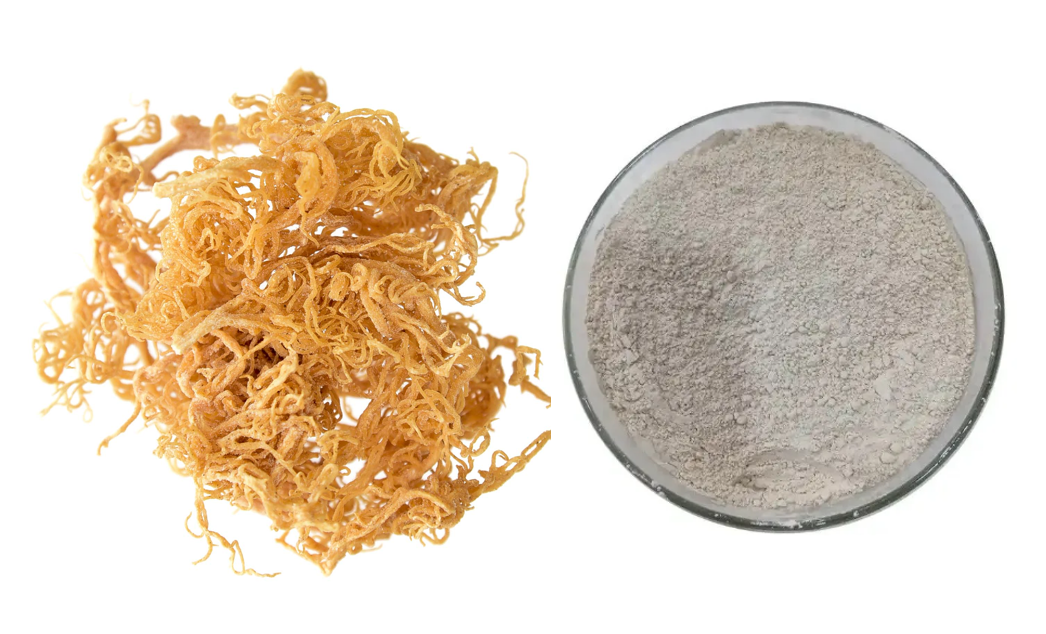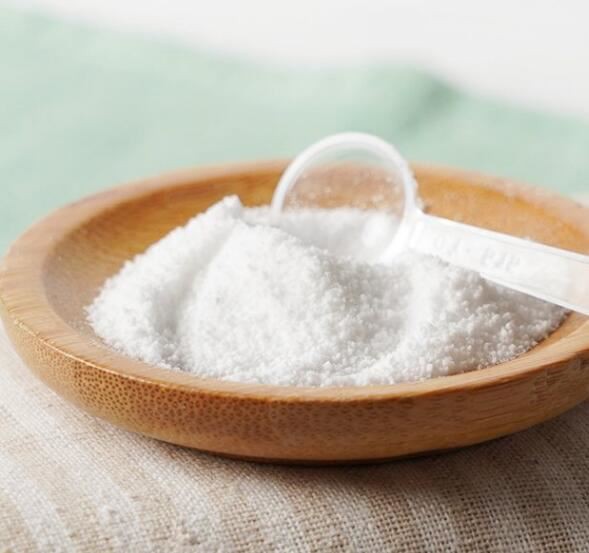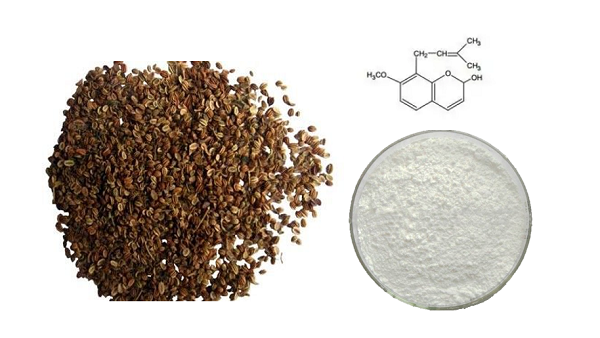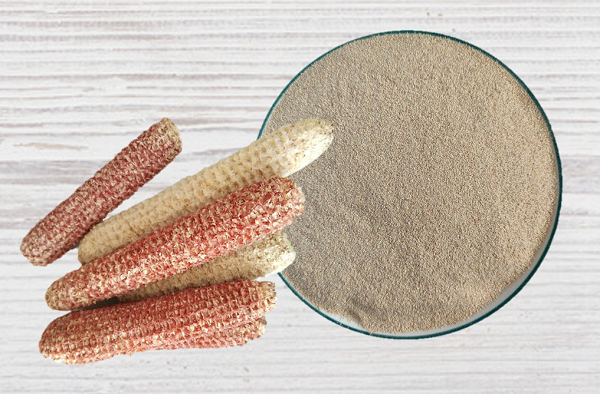Follow Us:
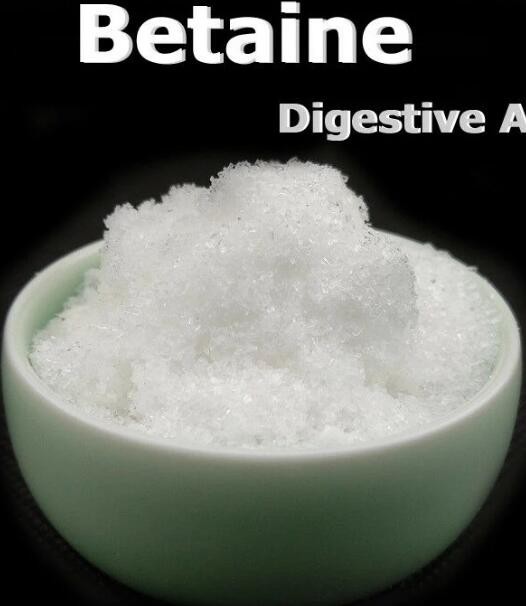
What Is Betaine Hcl
What is betaine hcl
Betaine hydrochloride is an acidic form of betaine, a vitamin-like substance found in grains and other foods. Betaine hydrochloride is recommended by some doctors as a supplemental source of hydrochloric acid for people who have a deficiency of stomach acid production (hypochlorhydria).
Betaine hydrochloride (also known as betaine HCI or betaine HCL) is a chemical compound produced in laboratories. It is believed to increase stomach acid.
In the past, betaine hydrochloride could be found in over-the-counter (OTC) digestive aids as a source of hydrochloric acid, a key component of stomach juices that some people are low on.
What is betaine hcl with pepsin
It assists protein digestion by activating pepsinogen to pepsin, it renders the stomach sterile against ingested pathogens, it inhibits undesirable overgrowth in the small intestine, and it encourages the flow of bile and pancreatic enzymes.
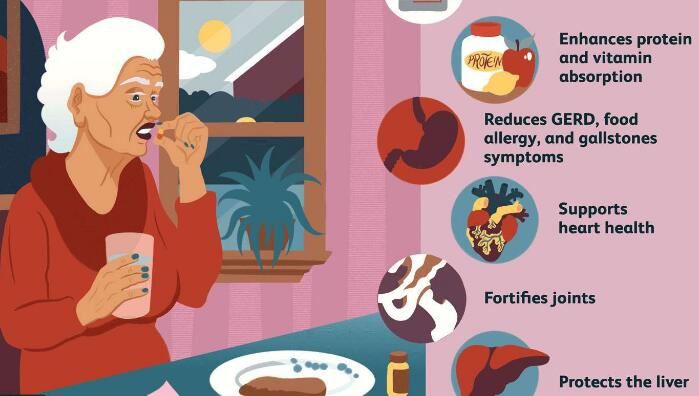
What is betaine hcl made from
Betaine Hydrochloride is the hydrochloride form of betaine, a crystalline alkaloid occurring in sugar beets and other plants. Betaine, acting as a transmethylating metabolic intermediate, is the oxidation product of choline. Betaine hydrochloride is used as a gastric acidifier supplement.
What is betaine hcl with pepsin good for
Betaine hydrochloride is also used to treat abnormally low levels of potassium (hypokalemia), hay fever, “tired blood” (anemia), asthma, “hardening of the arteries” (atherosclerosis), yeast infections, diarrhea, food allergies, gallstones, inner ear infections, rheumatoid arthritis (RA), and thyroid disorders. It is also used to protect the liver.
Betaine hcl side effects
Betaine hydrochloride is POSSIBLY SAFE when taken as a single dose. There isn’t enough information to know if betaine hydrochloride is safe when taken in multiple doses. It might cause heartburn.
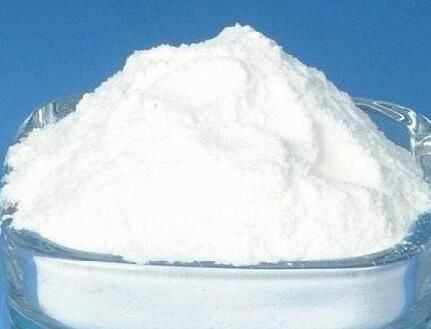
What is betaine hcl used for?
Betaine hydrochloride is commonly marketed as a supplement that can be taken for a slew of conditions, but little research exists on its purported health benefits.
Some healthcare providers may recommend betaine HCL as a source of hydrochloric acid for people who do not produce enough of it due to a health condition called hypochlorhydria.
Otherwise, despite many claims from promoters and alternative medicine healthcare providers, there is insufficient evidence that betaine HCL can be taken for any of the following reasons:
Promote healthy stomach pH
Enhance protein and vitamin absorption
Reduce symptoms of gastroesophageal reflux disease (GERD)
Reduce symptoms of food allergies
Reduce symptoms of gallstones
Support heart health
Fortify joints
Reduce symptoms of rheumatoid arthritis (RA)
Improve asthma symptoms
Protect the liver
Fight yeast infections
Improve digestion of fats, especially in those post-cholecystectomy (gallbladder removal surgery)
While betaine HCL does deliver hydrochloric acid, research has only revealed a short-term effect on stomach acid content. This may help counteract the effect of certain drugs and in turn aid in the absorption of other drugs, per a 2014 study.1 That said, more studies are needed to fully examine this potential effect.
More research is needed to elucidate many potential health benefits of betaine hydrochloride supplements.

How to take betaine hcl?
Always take the betaine HCL either half-way through the meal or right at the end of the meal. Taking it before a meal may create a false experience of heartburn and can turn off stomach acid production for this meal. Caution: Do not take HCL if you are taking any NSAIDs such as ibuprofen, Tylenol, or aspirin.
Can betaine hcl be harmful?
Betaine hydrochloride does not have many side-effects in most people. Nausea, stomach upset, diarrhea and a body odour all have been reported.
I don’t recommend betaine hydrochloride, but if it is helping and is not causing side-effects, it is not likely to harm you.
Is betaine hcl good for acid reflux?
A variety of natural remedies may help treat acid reflux, including many vitamins and supplements. In particular, supplements like betaine HCl with pepsin, B vitamins, melatonin, Iberogast, probiotics, and ginger have been shown to help relieve symptoms of acid reflux.
When should I take betaine hcl
Unlike probiotics, which can be taken at any time, the timing of your digestive acid supplement is very important. Betaine HCl should be taken on an empty stomach, just before you consume a meal.
There’s no established daily value for an HCl supplement, and I recommend being conservative about dosing. A trial period of 1 to 2 weeks will help you to determine if Betaine HCl is helpful for you.
For bulk Betaine Hcl, contact us at email: info@greenagribio.com
References:https://www.verywellhealth.com/betaine-hydrochloride-5081754
https://www.webmd.com/vitamins/ai/ingredientmono-312/betaine-hydrochloride
https://www.timescolonist.com/life/health/your-good-health-betaine-hydrochloride-touted-for-digestion-but-its-value-is-doubtful-1.23507170
https://www.healthline.com/nutrition/vitamins-for-acid-reflux
https://drruscio.com/betaine-hcl/













